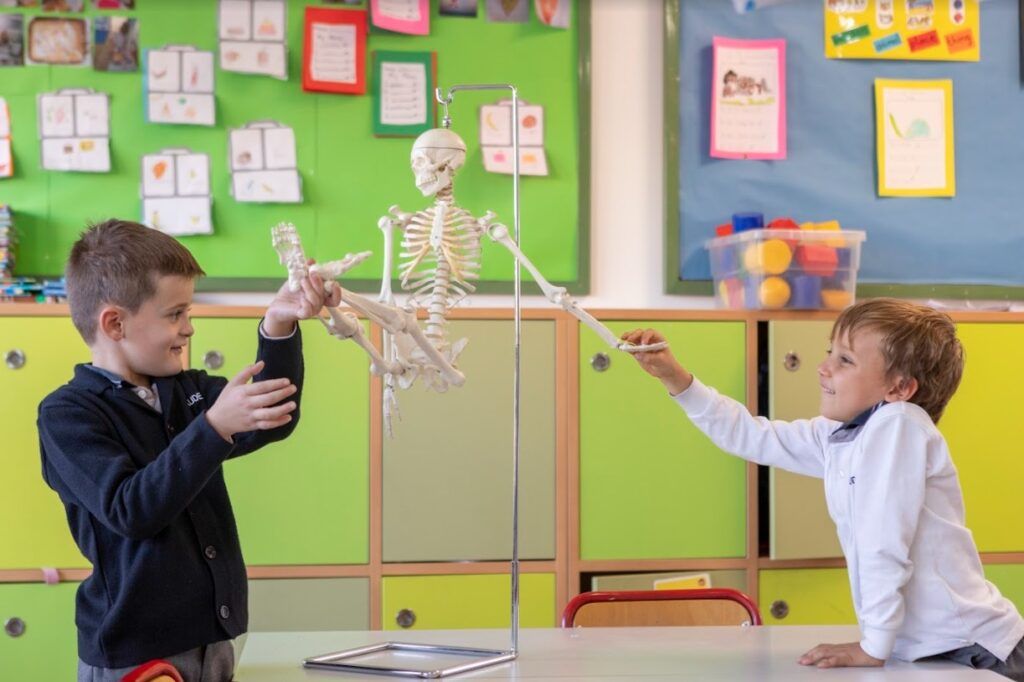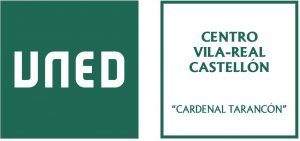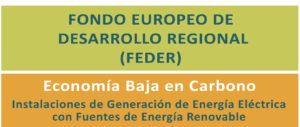The importance of science workshops for children
Learning science through playful methods is a way to get children of all ages to understand the practical side of science. Science workshops for children allow us to show the application of what they learn in the classroom, and it reinforces students’ motivation for applied science subjects.
What are science workshops?
Science workshops for children are educational activities designed to encourage children’s interest in and learning of scientific concepts. These workshops are interactive, hands-on and fun, with the aim of awakening children’s curiosity and developing their ability to explore, experiment and discover the world around them.
Children’s science workshops often involve hands-on experiments and activities that allow children to learn scientific concepts in a tangible and visual way. These activities may include building models, observing natural phenomena, exploring electricity, basic chemistry, biology, physics and other science-related topics.
Science workshops for children are often organised by educational institutions, museums, community centres or even companies specialising in science education. They can take place in schools, as in the case of the British School of Vila-real.
These workshops provide children with an opportunity to experience the scientific method, which involves asking questions, formulating hypotheses, carrying out experiments, analysing the results and drawing conclusions. They also encourage teamwork, critical thinking and problem solving.
Science workshop activities for children
Some of the common activities in science workshops include:
- Hands-on experiments: Children can participate in hands-on experiments where they can observe scientific phenomena in action. For example, they can make a baking soda and vinegar volcano, create slime, build a water rocket or investigate the density of different liquids.
- Nature observation: Children’s science workshops can include outdoor activities where children have the opportunity to observe and learn about nature. They can go on field trips to study plants, animals, insects or collect samples from their environment for later examination.
- Model building: Children can build models or replicas of scientific phenomena to better understand abstract concepts. For example, they can build a miniature solar system, a model of the water cycle or a model of a cell.
- Educational games: Science workshops can also include educational games that involve scientific concepts. These games can be board or digital and help children learn while having fun. For example, they can play a trivia game or use interactive educational apps.
- Robotics workshops: Science workshops for children often include robotics-related activities, where children can learn how to build and programme simple robots. This allows them to become familiar with engineering, programming and technology concepts.
- Microscope studies: Children can explore the world by observing samples under a microscope. They can examine plant cells, blood cells, tiny insects or other microscopic objects.
- Recycling and the environment: Workshops can focus on the importance of recycling and environmental conservation. Students can learn about waste sorting, do creative recycling projects or investigate how they can help protect the planet.
- Building structures: They can also learn about material strength and engineering by building structures out of popsicle sticks, paper, straws or other materials. They can experiment with different designs and evaluate which is the strongest.
The benefits of science workshops for learning
Science workshops for children offer numerous advantages and benefits.
- Awaken interest in science: Science workshops stimulate children’s curiosity and interest in the world around them. They help them discover the wonder and excitement of science, which can foster a long-term interest in scientific learning.
- Hands-on learning: Science workshops for children are based on active, hands-on participation. Children have the opportunity to conduct experiments; this hands-on approach enhances learning and understanding of scientific concepts.
- Development of critical thinking: Science workshops promote critical thinking and problem solving. Children learn to formulate questions, make predictions, analyse data and evaluate results.
- STEM skills stimulation: Science workshops encourage the development of science, technology, engineering and mathematics (STEM) skills. Children can improve their capacity for logical reasoning, analytical thinking, creativity, problem solving and manual dexterity.
- Promoting teamwork: Many science workshops involve group activities, which encourages teamwork and collaboration. Children learn to communicate, share ideas and work together to achieve common goals.
- Developing motor skills: By conducting hands-on experiments, building models or manipulating materials, children develop fine motor skills and hand-eye coordination.
- Stimulating creativity: Science workshops give children the opportunity to be creative when designing experiments, building structures or solving scientific problems. Creativity is essential in science as it involves finding innovative solutions and thinking in unconventional ways.
Science learning at British School of Vila-real
At our school we attach fundamental importance to science subjects from the first academic years. We have specific spaces for our pupils to develop their own projects and to learn from a practical point of view, building on the essential theoretical knowledge.













